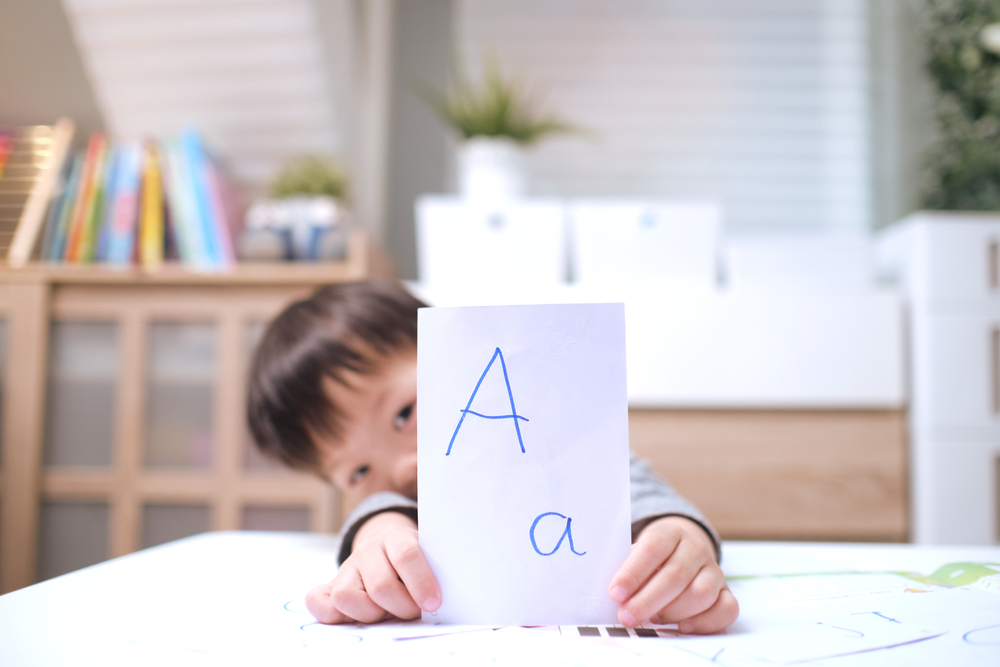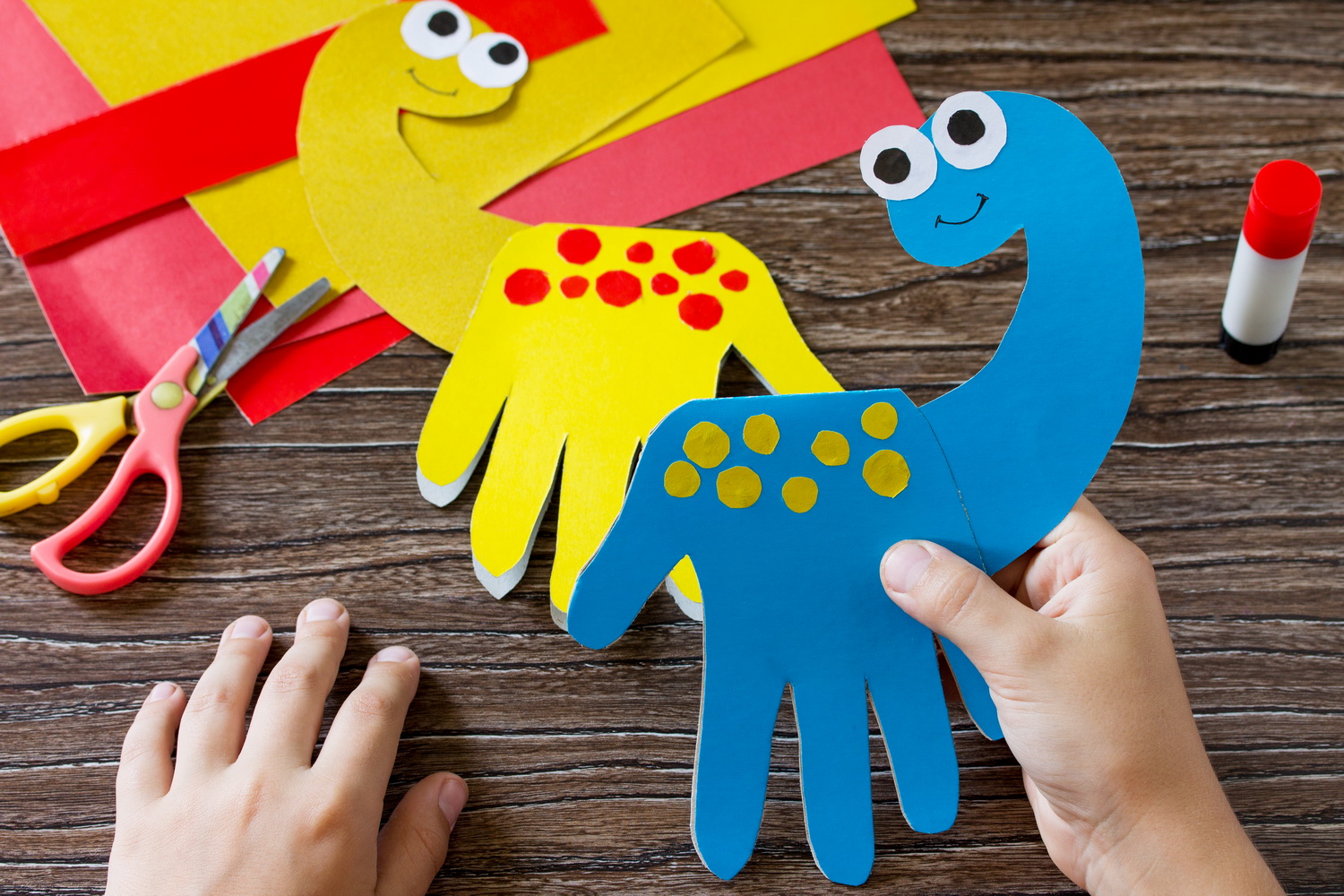The Impact of Learning Chess on Math Skills
Feb. 25, 2021

Many people tend to think of chess as a “brainy” activity that only the smartest folks play. But what if it’s the other way around? Can learning to play chess make someone smarter by enhancing academic skills outside of the game? Here at Kids Academy, we certainly like to think so, and there is recent research that backs this notion up!
Over the years, many studies have sought to show how playing chess can enhance a child’s cognitive skills, better preparing them for academic success. More recently, research has made a chess and math connection that specifically suggests that learning to play may support the thinking skills necessary to master mathematics concepts.
Playing Chess Boosts Cognitive Skills
Simply put, cognitive skills encompass the many ways in which we use our brains to think, remember, reason, read, and learn. Children begin building cognitive skills as soon as they are born, and they continue to build a foundation for all future learning early in life. The sharper our cognitive skills, the more we can critically analyze anything in our personal, educational, and professional lives.
For math, kids must build healthy cognitive skills to have the ability to solve complex problems, and to understand the processes they must take to do so. After all, in mathematics, one must remember sequences, operations, and formulas, in addition to possessing the logical thinking skills needed to solve word problems and in real-life math scenarios.
According to a study published by PLoS One and hosted by the US National Institutes of Health, learning to play chess can help kids acquire the cognitive skills needed to build strong math skills. In fact, the cognitive skills that chess helps to form can transfer to math learning as well as in other subjects across the curriculum!
How Chess Skills Transfer to Math Learning
While the use of math in chess may seem ambiguous at best, the skills needed to play a game may certainly transfer to mathematics skills in school and life. During gameplay, one thinks out each and every move, anticipating potential consequences of their actions. There might not be any overt math processes taking place, but playing chess improves skills in the following ways:
-
Promotes higher-level thinking skills
Today’s elementary classrooms focus less on math memorization, and more on conceptual understanding of the processes and steps one takes to solve problems. Because chess players spend a great deal of time planning their moves and anticipating those of their opponent, their higher-level thinking skills are strengthened when compared to those who do not play. This transfers to the mathematics classroom because this subject also takes quite a bit of logical thinking.
-
Analyzing chess positions strengthens problem-solving skills
Taking the above point one step further, analyzing chess piece positions on the board hones problem-solving skills. Of course, the main goal of chess is to avoid one’s pieces being captured, and by achieving checkmate so that an opponent cannot win. The problem each player is striving to solve is avoiding loss and finding an endgame strategy to win. Likewise, solving a math problem involves avoiding errors and getting to the final step: the answer.
-
Develops spatial reasoning skills and visual memory
Spatial reasoning refers to one’s ability to mentally imagine a shape or object, and to draw conclusions about it to solve problems. A person’s capacity for visual memory and spatial reasoning directly impacts their ability to perform math because problems often involve large numbers that must be imagined or visualized. Chess helps to develop these skills because of the amount of time during a game that a player imagines and predicts the consequences of their moves and the potential moves by their opponent.
-
Improves attention span
Chess players are known for their remarkable memory and ability to focus intensely for a long period of time. Most children have very short attention spans, and they must build stamina to focus on mentally draining activities, such as math. Chess can help with this pursuit, as gameplay assists learners in building that stamina, as it encourages kids to concentrate, and rewards them with winning if they are successful.
-
Sharpens self-confidence
Ask any elementary teacher, and they will be quick to tell you that many children lack confidence when it comes to math. In our society, mathematics is often looked at to be a difficult subject that many people, both kids and adults, struggle with throughout their lives. It’s easy to see why kids lose hope and confidence when their own parents may also find the subject challenging.
Learning to play chess can help children build a healthy self-esteem as they grow in confidence of their ability to win games. Their success can lead to becoming more confident about their own ability to think through problems and overcome them.

Chess Indirectly Enhances Math Skills, Too!
According to the results of the study linked above, it’s clear that the cognitive skills that chess supports directly influences competency and improves performance. However, there also may be indirect links that connect the enjoyment of chess to enjoyment in academic endeavors. One very positive effect of learning to play chess may just lie in the fact that it gives kids a healthier attitude about performing mentally tough tasks in school.
More specifically, the research shows that indirect benefits include that it:
-
Increases intrinsic motivation to learn
Children who play chess continue to do so because they enjoy it. Otherwise, they would likely stop because they would no longer be successful during gameplay. That said, kids who learn to play continue to compete against opponents because they find value in it and want to continue.
In addition, kids who begin competing in games strive to get better. This forms a healthy intrinsic motivation to learn to play better and become more successful in challenging situations. This internal sense of motivation to learn and succeed more can transfer to other subject areas, like in math. A motivated child is one who will continue to seek success, even in other areas of their lives.
-
Helps children find enjoyment through mentally taxing activities
Because kids who play chess and continue to do so tend to enjoy it, they already have proven to have developed the capacity of finding enjoyment in difficult tasks that require mental endurance. This is the perfect setup for children to appreciate math, as they will also likely enjoy the struggle of solving challenging problems that require mental stamina and patience.
Overall, the study demonstrated that kids who study chess tends to increase test scores and performance in math. In fact, it showed enhanced benefits when swapping out just one math lesson a week for one in chess!











